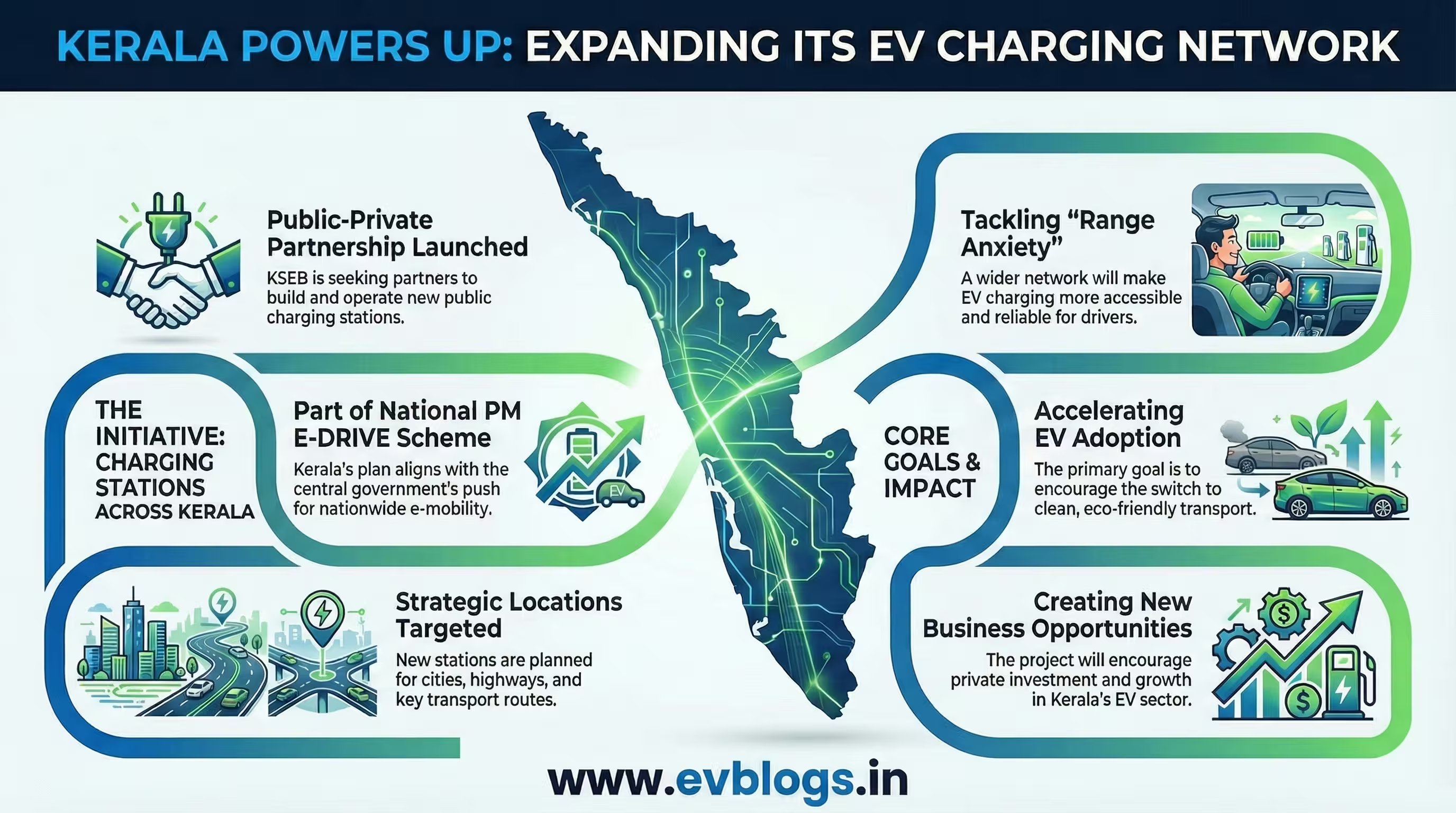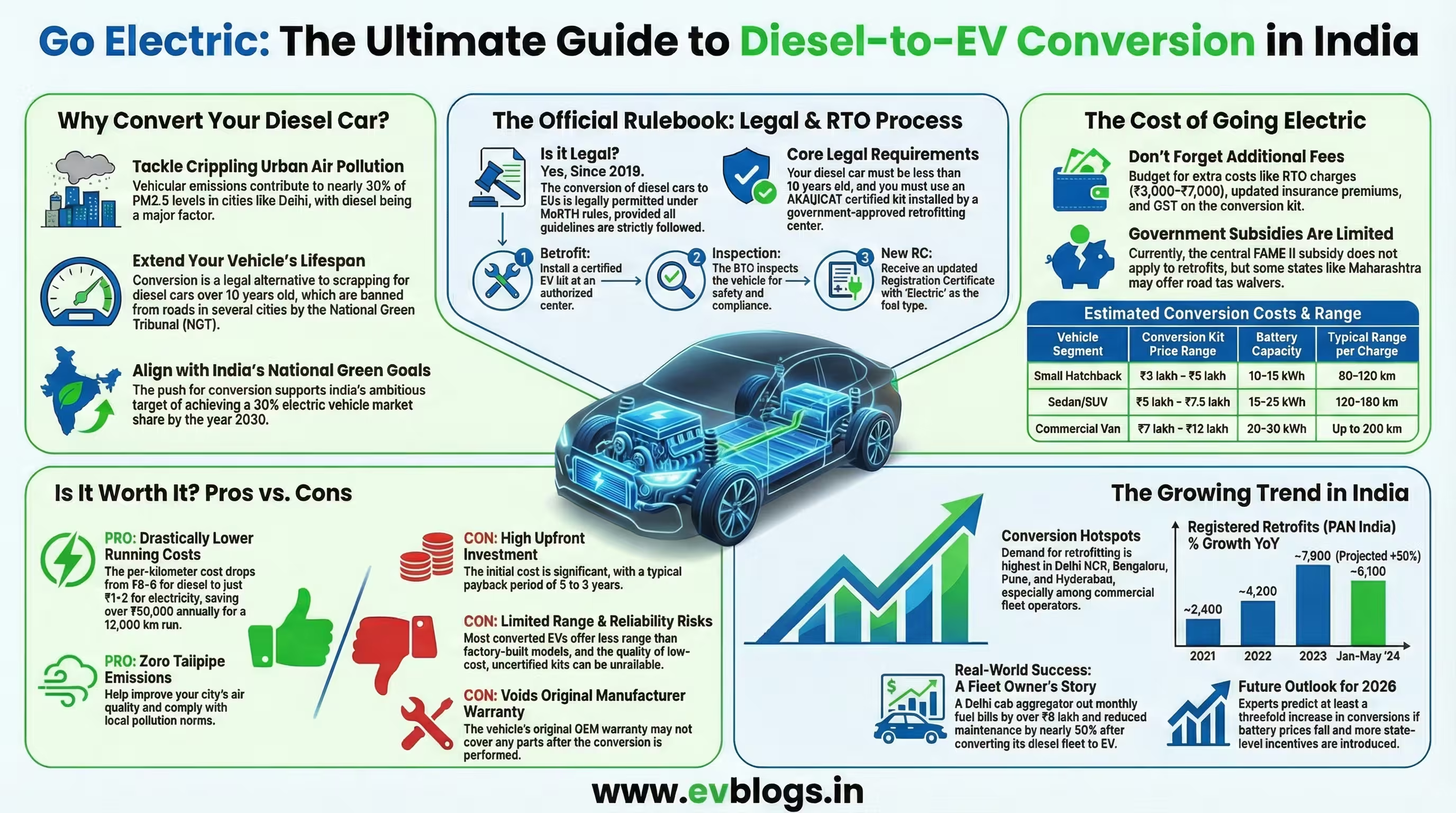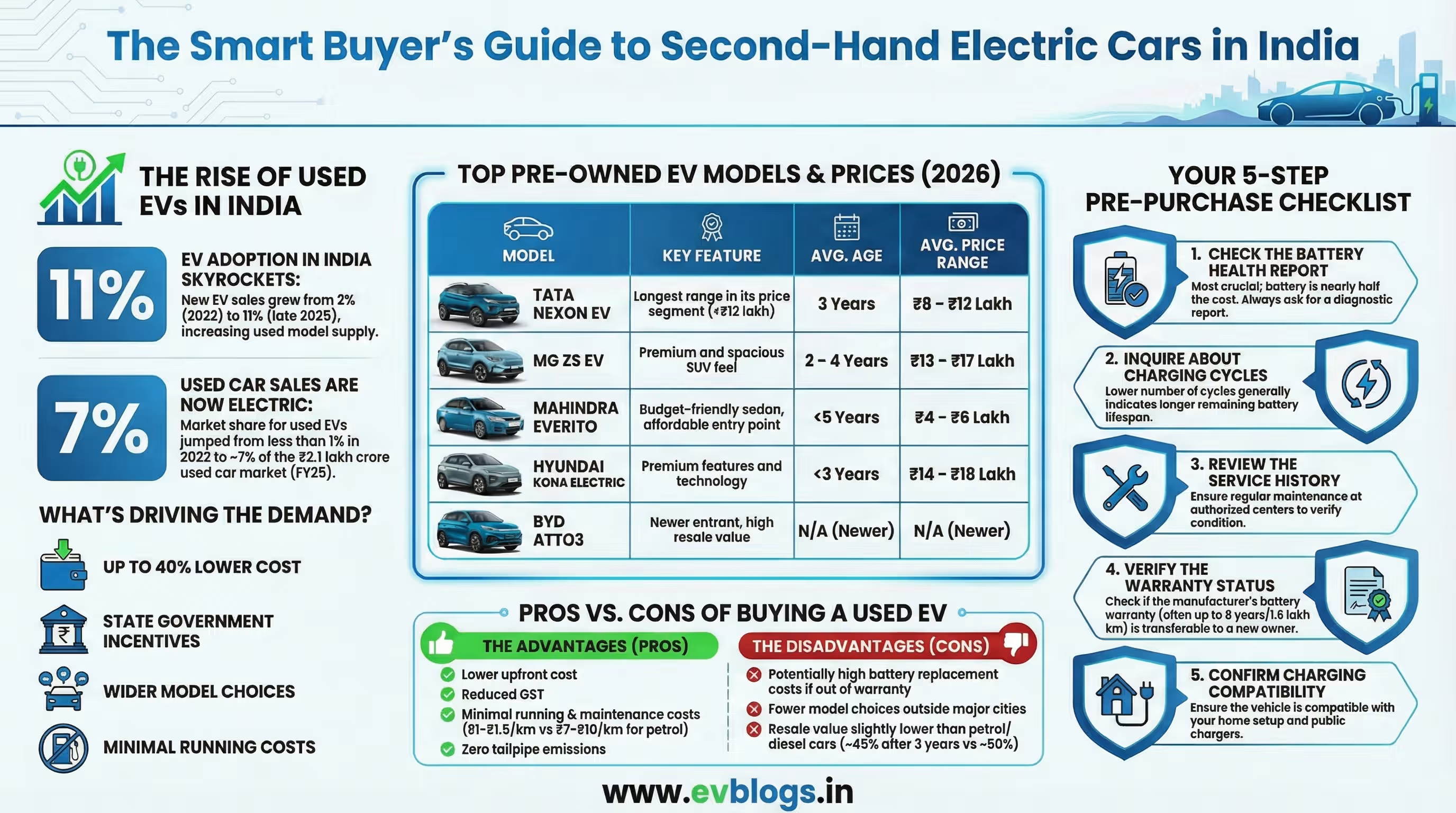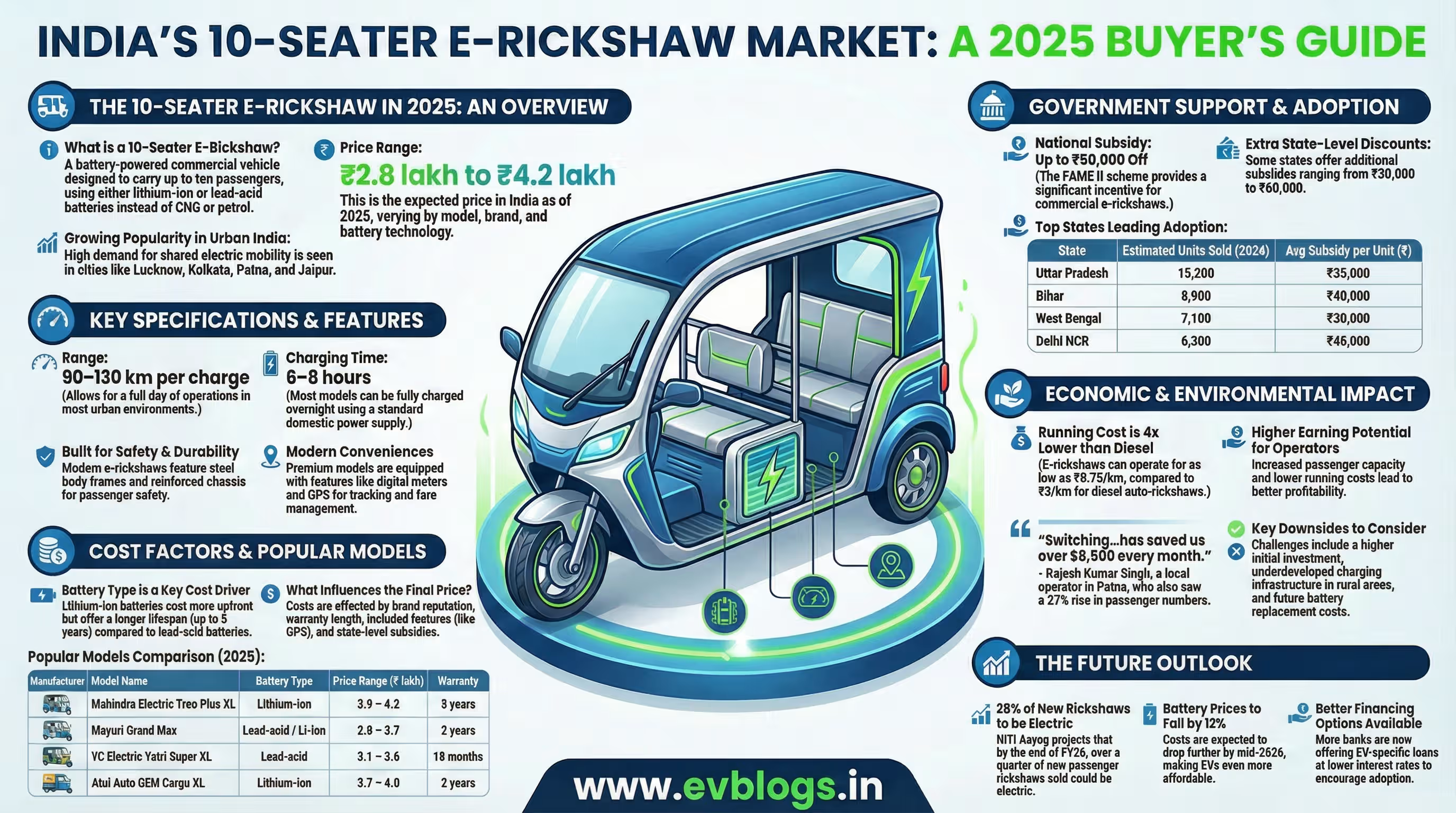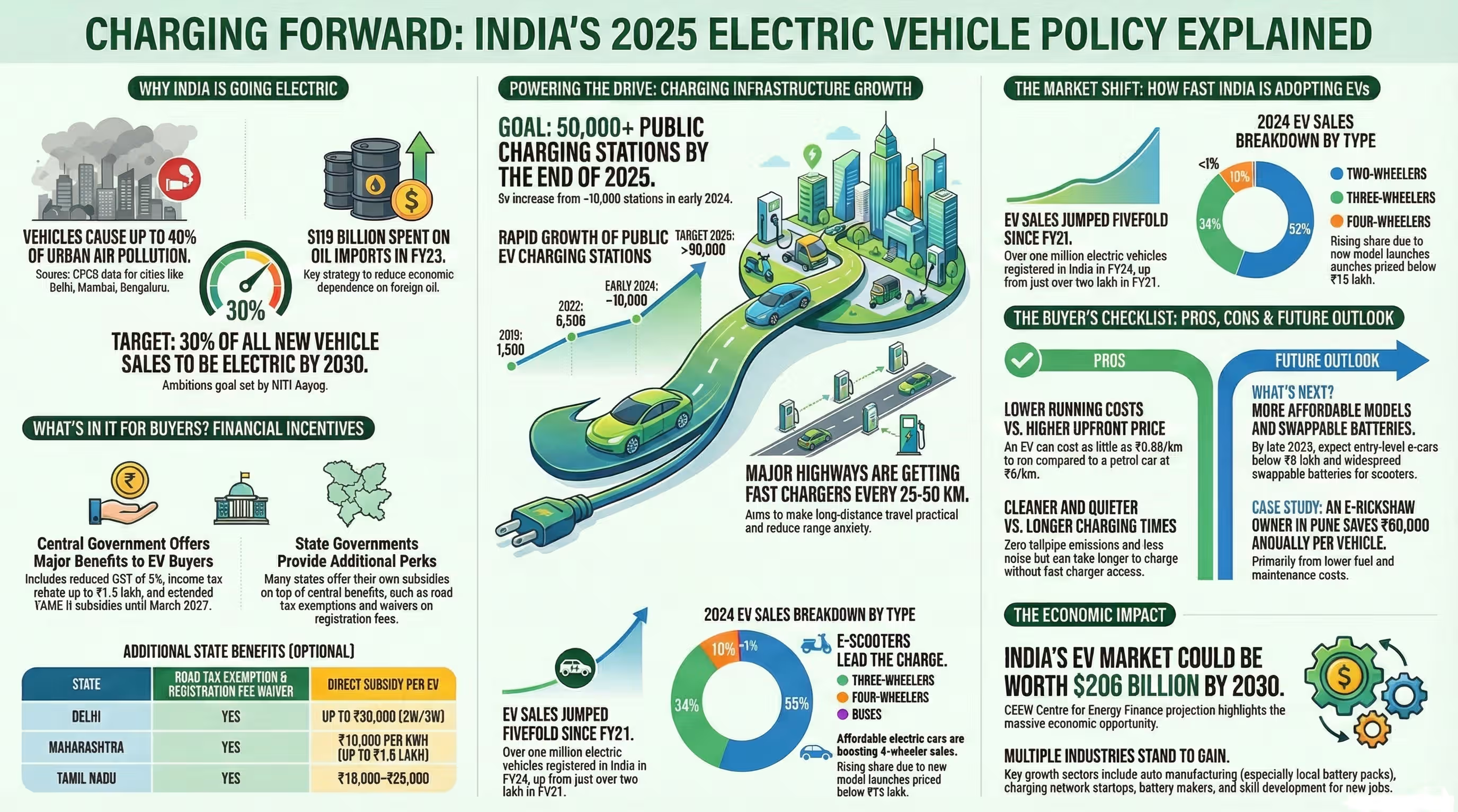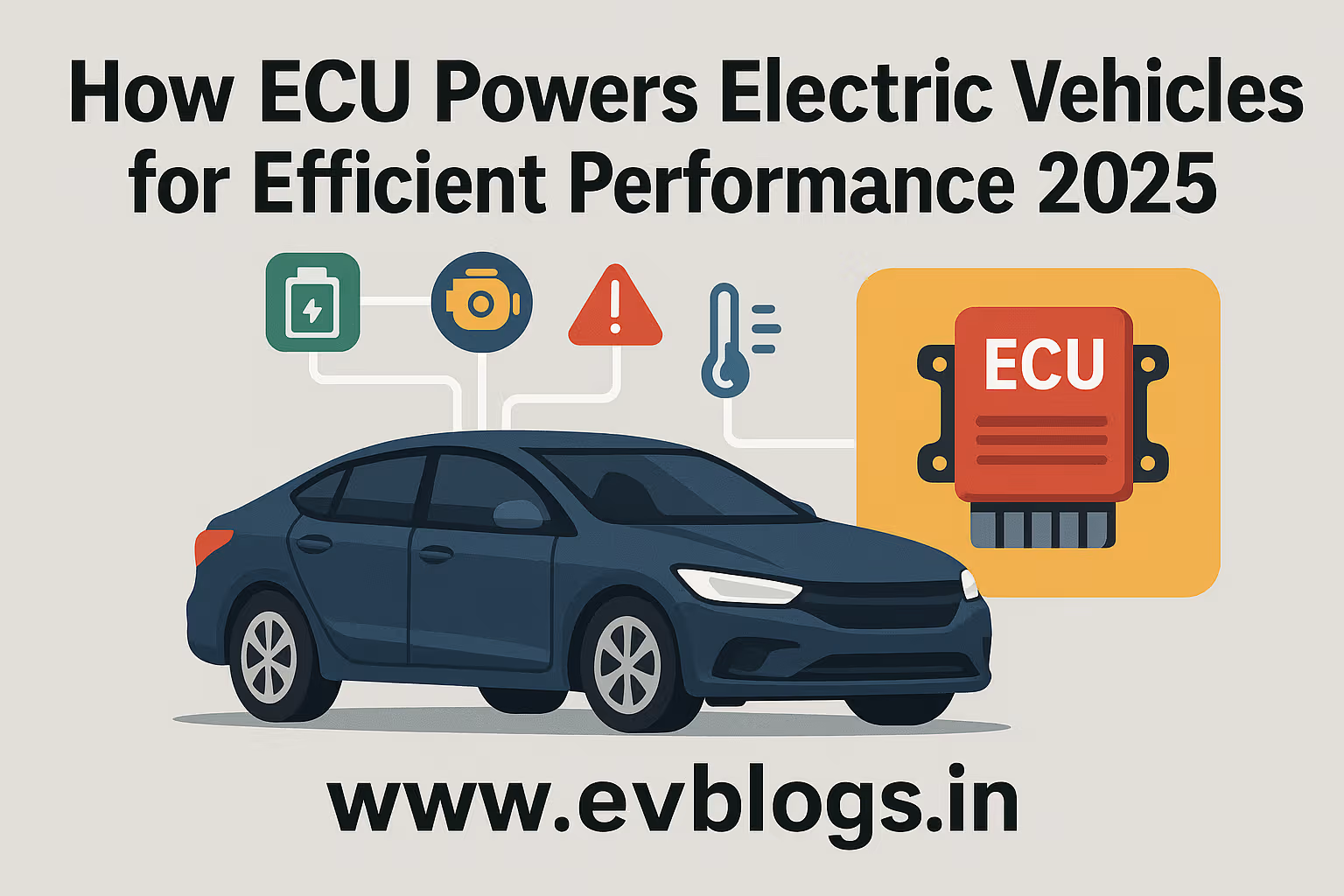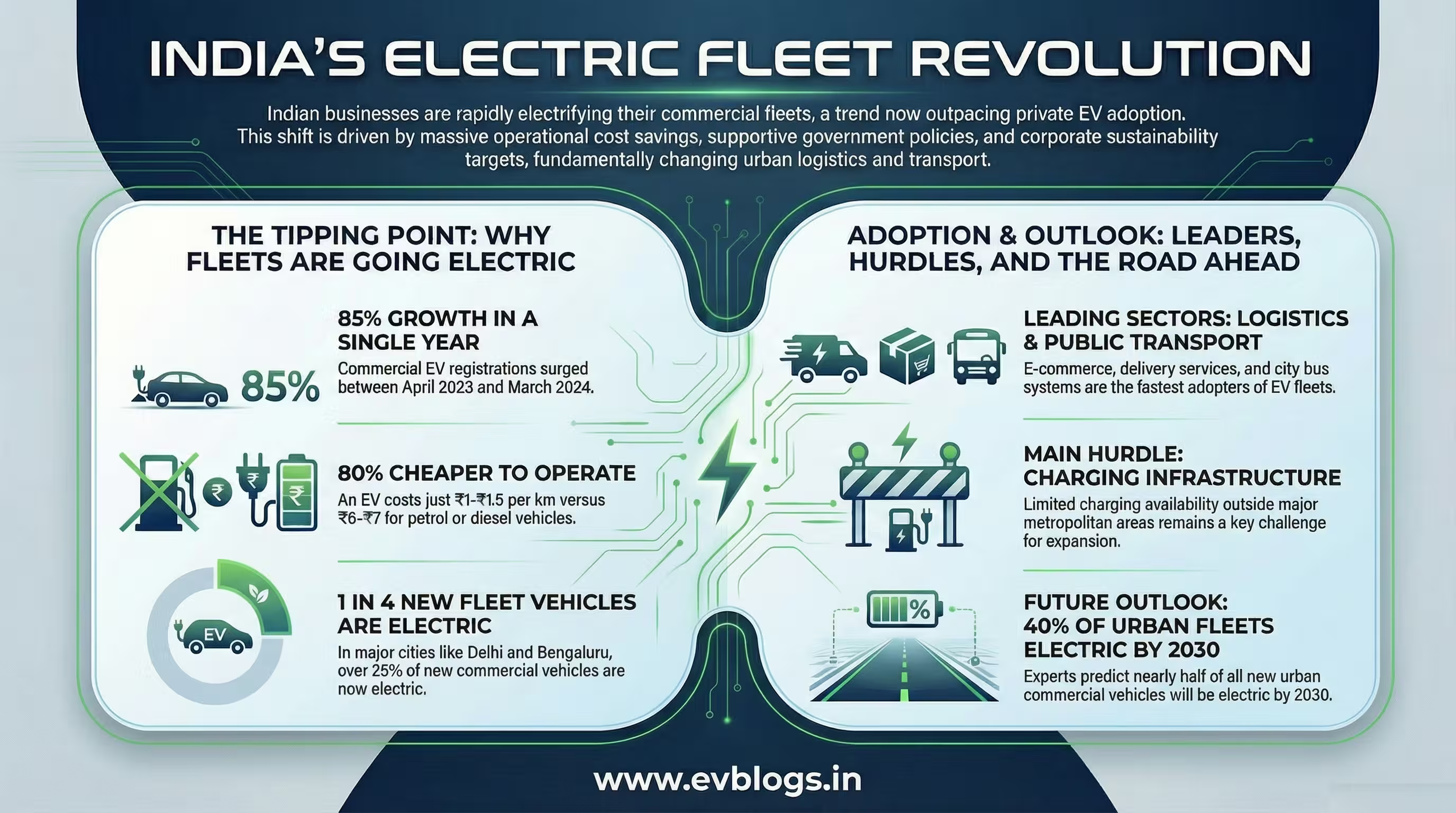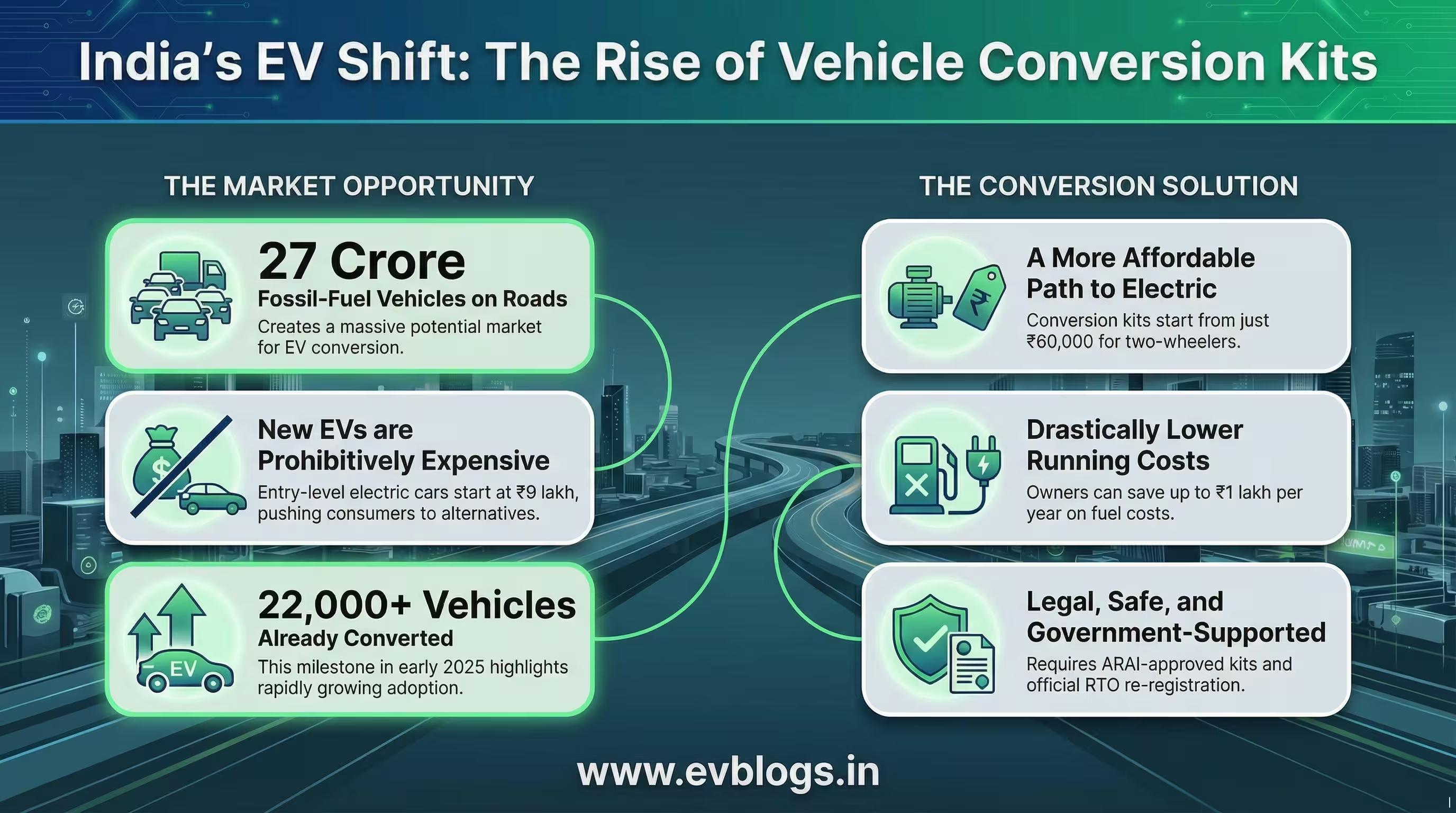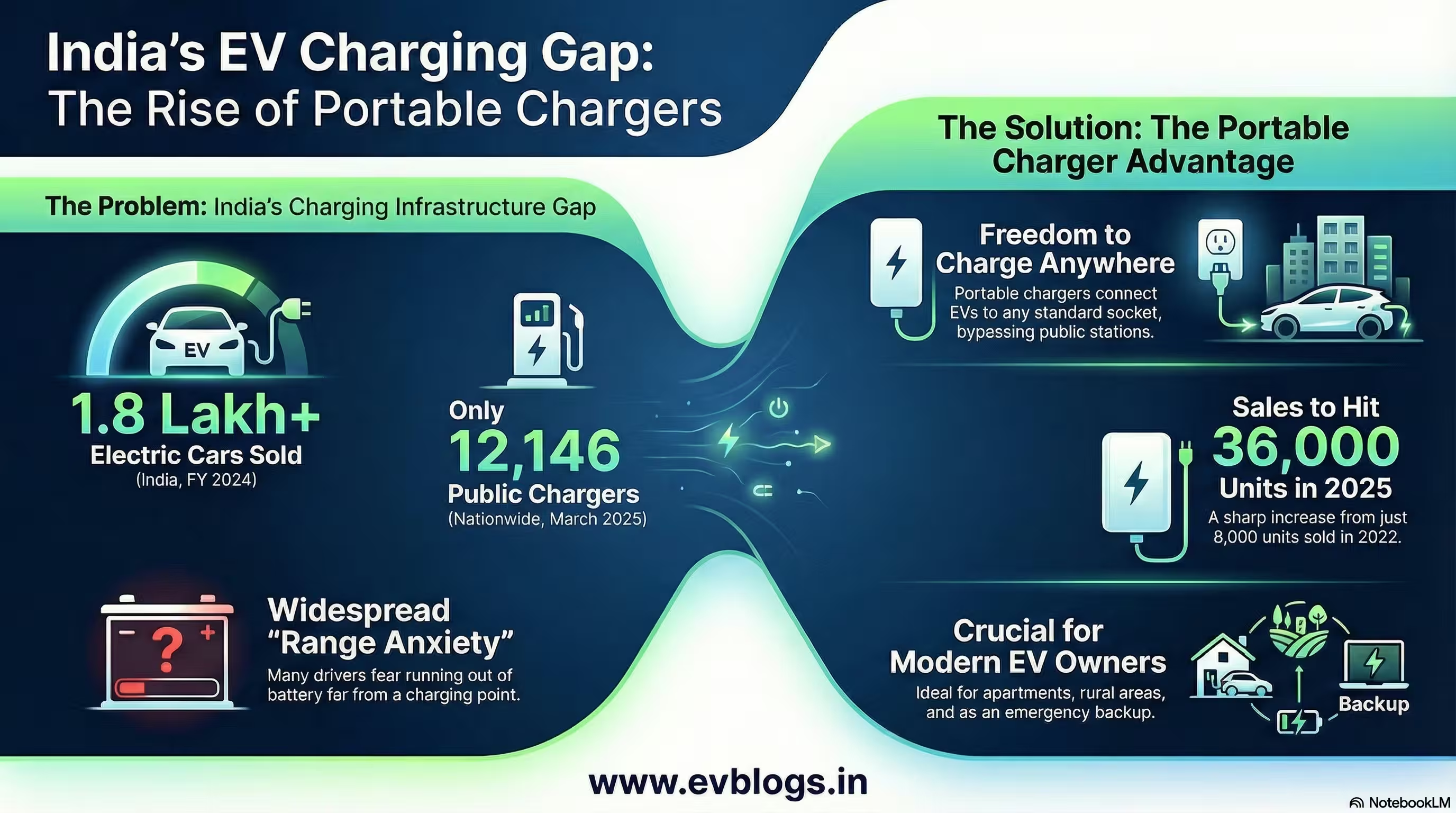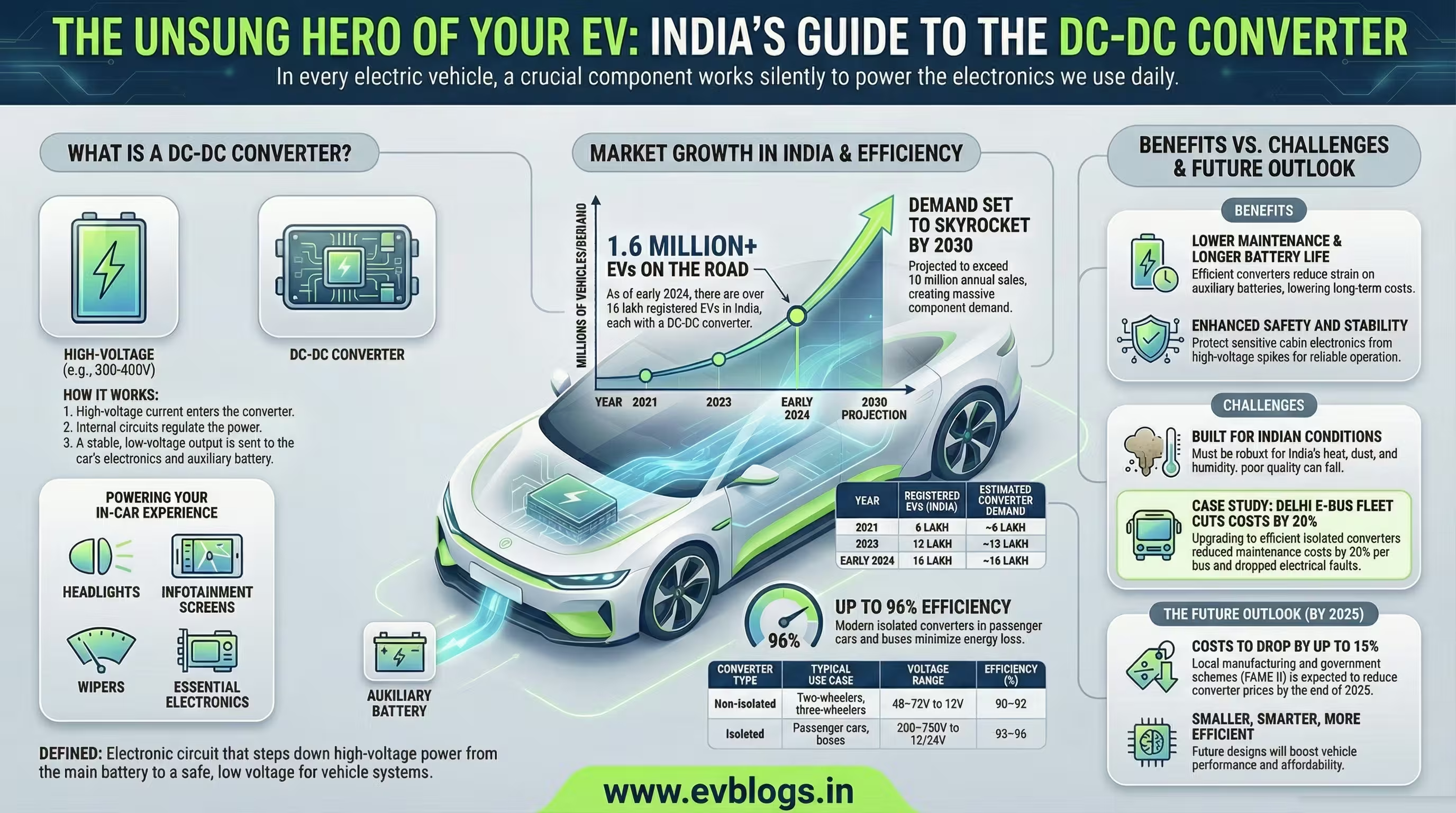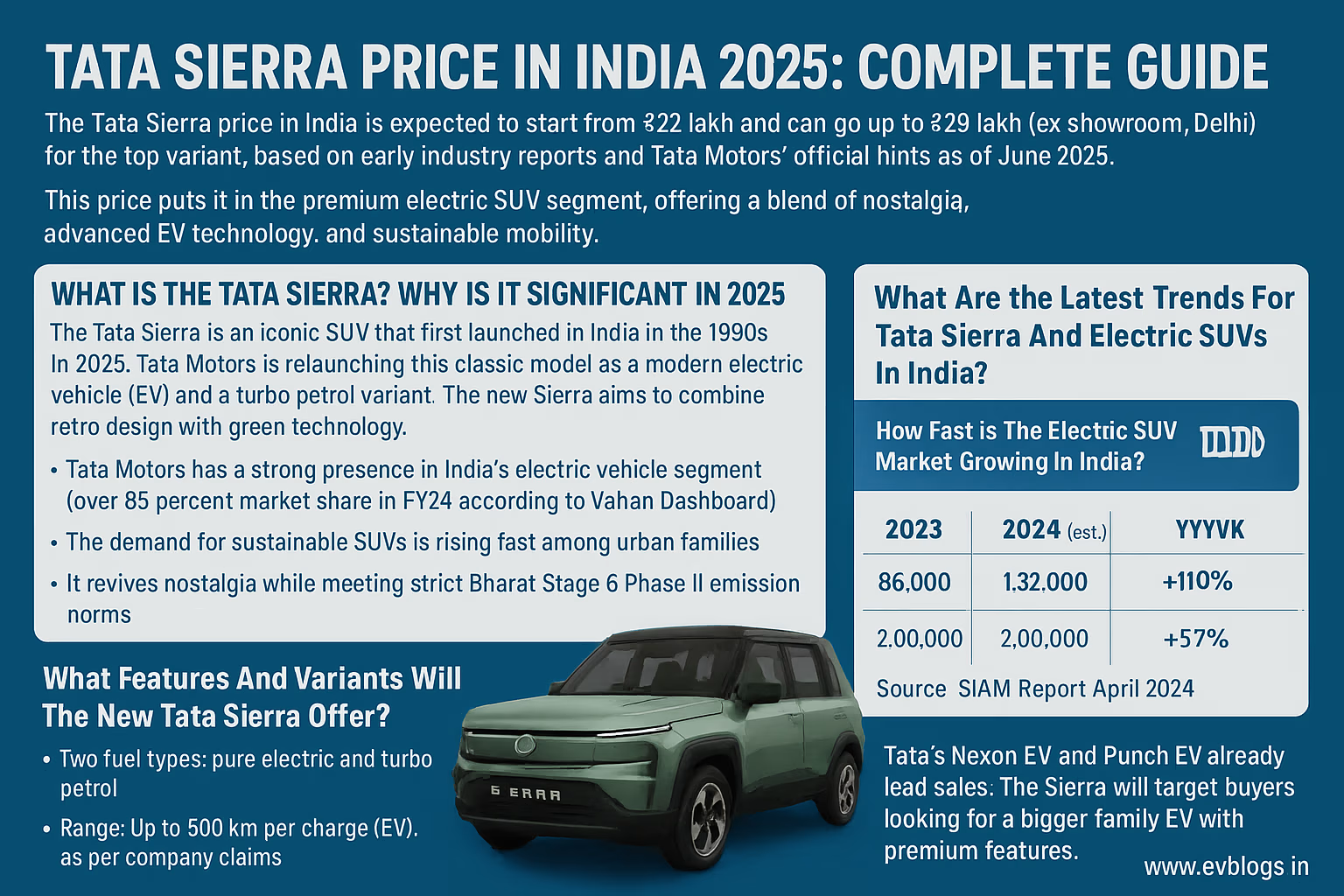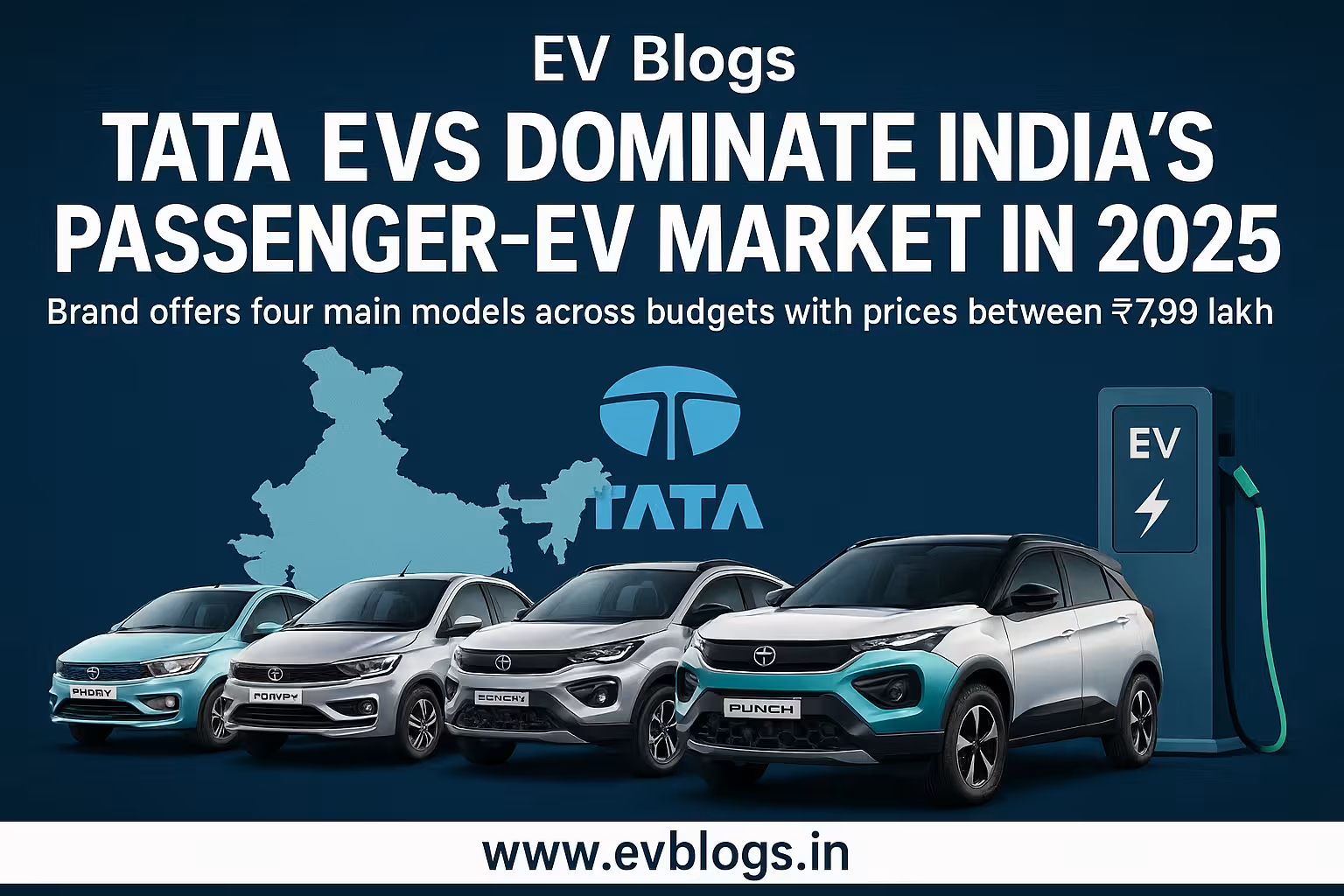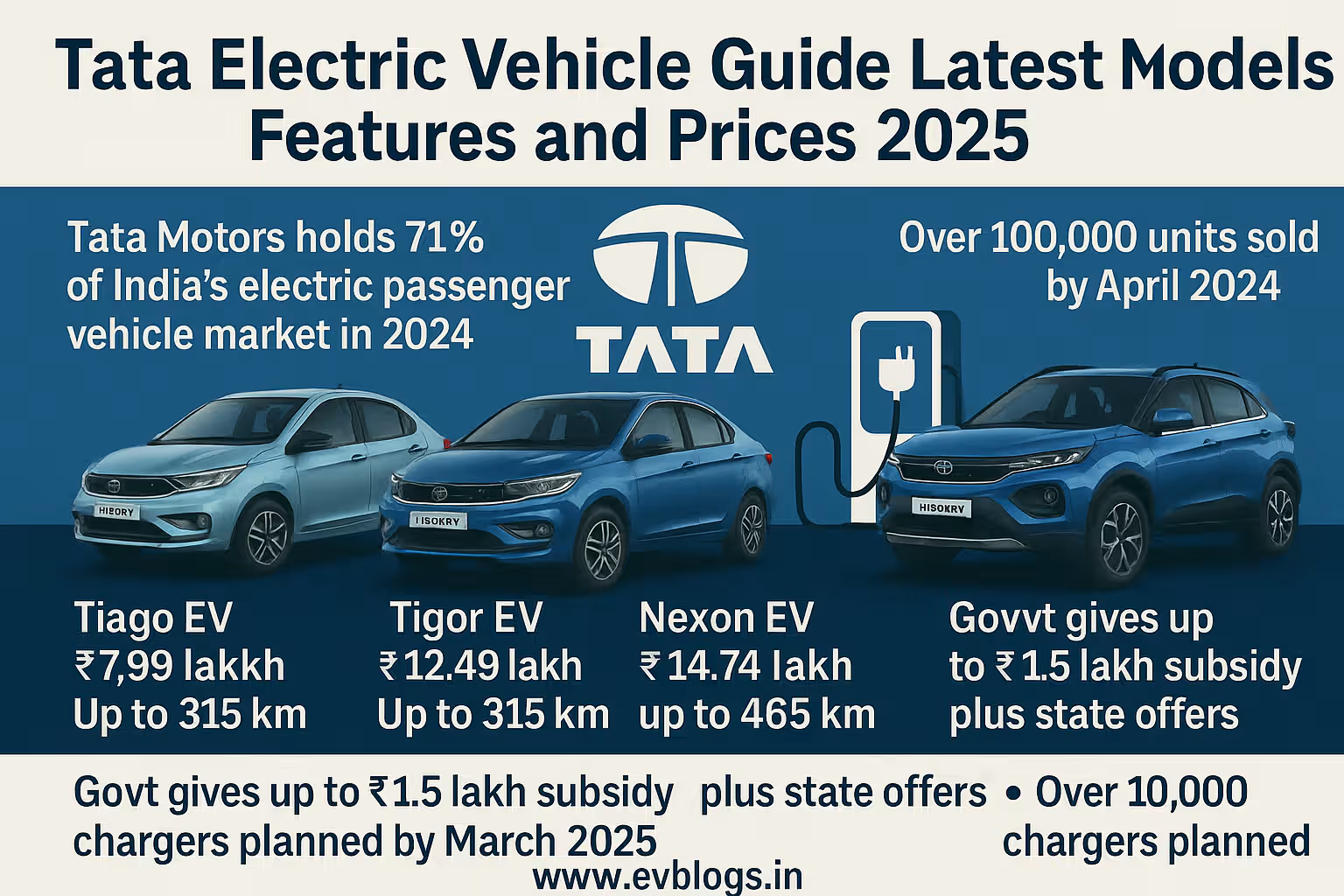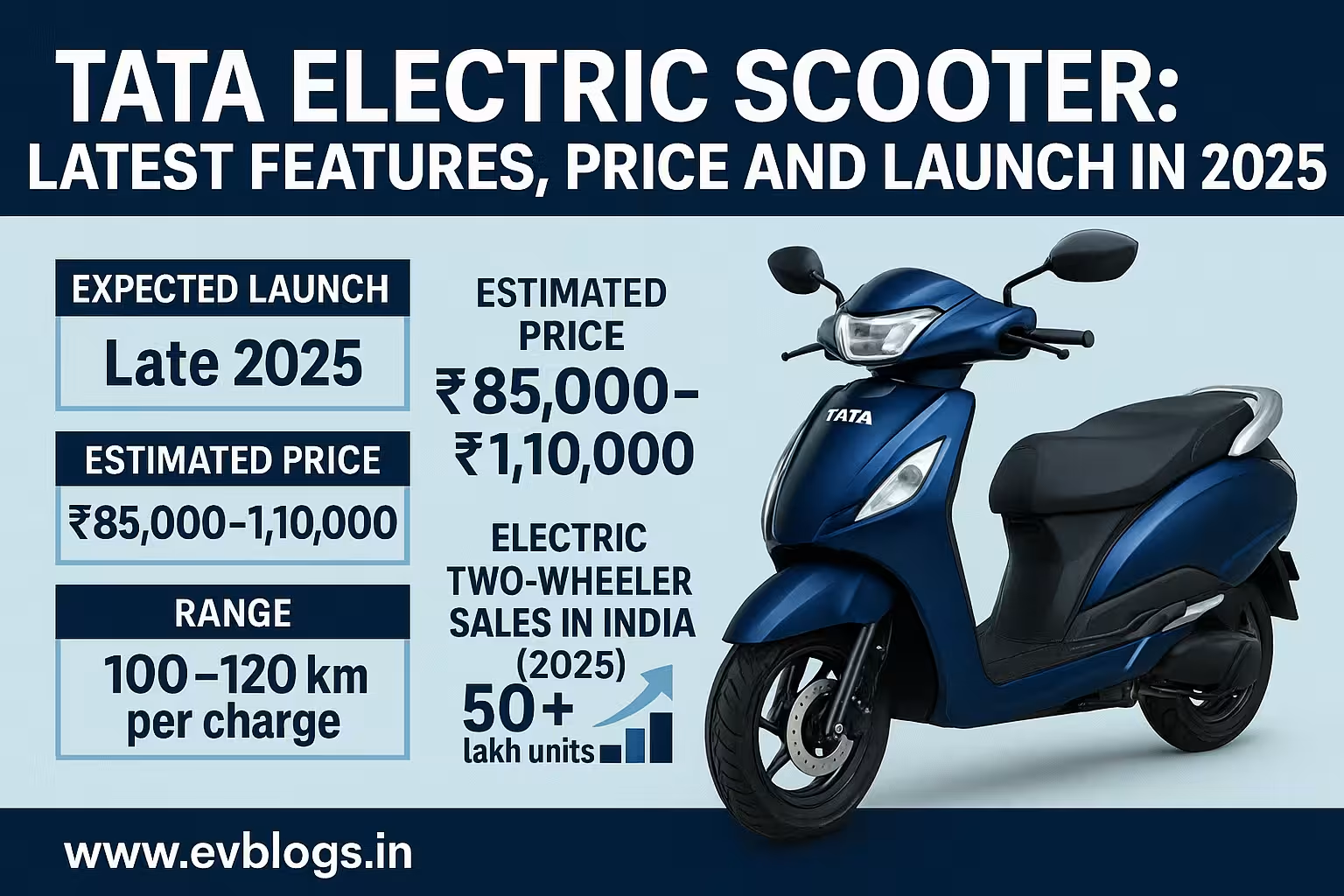Hedhvick Hirav
Hedhvick Hirav is a dedicated EV researcher and editor with over 4 years of experience in India’s growing electric vehicle ecosystem. Their contributions have been recognized in leading sustainability publications and automotive journals.
Summarize & analyze this article with
Choose an AI assistant and open this article directly:
Tip: if the AI doesn’t fetch the page automatically, paste the article URL manually.
Electric Vehicle Courses: A Data-Driven Guide for India in 2025
Electric vehicle courses are structured training programmes designed to equip students, working professionals, and automotive enthusiasts with the knowledge and practical skills needed to thrive in the rapidly expanding electric mobility sector. In 2025, as India’s EV market surges—projected to reach ₹2 lakh crore by FY25 (Statista)—these courses have become crucial for anyone aiming to build a career or business in sustainable transportation. This article provides an expert, data-backed overview of electric vehicle courses: what they cover, why they matter in 2025, leading providers, curriculum trends, industry benchmarks, and the future outlook for EV education in India.
Why Are Electric Vehicle Courses Vital in 2025?
India is experiencing an electric vehicle revolution. According to NITI Aayog’s 2024 report, EV registrations grew at a CAGR of over 55% from 2021 to 2024, with two-wheelers and commercial vehicles leading the charge. The government’s FAME-II scheme and state incentives have turbocharged adoption, while auto giants and startups alike scramble for skilled talent.
Yet, a persistent “EV skills gap” threatens to slow progress. The Automotive Skills Development Council (ASDC) estimates that by 2026, India will need over 10 lakh EV-ready professionals—from battery engineers to charging infrastructure experts. Electric vehicle courses directly address this gap by providing up-to-date technical training, regulatory knowledge, and hands-on experience essential for success in the modern automotive landscape.
Key Data Highlights (Table: EV Adoption & Skills Demand)
| Year | Total EV Sales (Lakhs) | % Growth YoY | Estimated Skill Gap (Jobs) |
|---|---|---|---|
| 2022 | 10 | +45% | 3 lakh |
| 2023 | 18 | +80% | 5 lakh |
| 2024* | 27 | +50% | 8 lakh |
| 2025* | 35+ | +30% est. | >10 lakh |
*Source: NITI Aayog EV Report Dec 2024; ASDC Projections
What Do Electric Vehicle Courses Cover?
Electric vehicle courses span foundational theory to advanced specialisations. Their curricula are tailored to meet evolving industry needs in areas such as:
- Battery technology & management systems
- Electric drivetrain design
- Charging infrastructure deployment
- EV power electronics & embedded systems
- Diagnostics & maintenance of electric vehicles
- Regulatory compliance & safety standards
Types of Electric Vehicle Courses Available
Certificate Programmes
Short-term (1–6 months), ideal for upskilling or cross-skilling working engineers.Diploma Courses
Typically one year; practical focus on EV assembly, repair, and servicing.Undergraduate Degrees (BTech/BSc/BE)
Offer electives or specialisations in e-mobility within traditional engineering streams.Postgraduate Degrees (MTech/MSc/MBA)
Advanced research-oriented or managerial programmes with strong industry linkage.Online & Hybrid Courses
Flexible formats from universities like IITs/NITs and edtech platforms such as Coursera or Skill-Lync.
How Are Leading Indian Institutes Shaping EV Training?
Which Institutes Offer Accredited Electric Vehicle Courses?
India has seen a surge in institutes offering accredited EV programmes:
- IIT Madras: MTech in Electric Mobility; Centre for Battery Engineering
- NPTEL/SWAYAM: Government-backed MOOCs on EV fundamentals
- Skill-Lync: Industry-focused online certification in e-powertrain design
- ASDC: Modular vocational training across polytechnics
- Private Universities/Colleges: Amrita Vishwa Vidyapeetham, Lovely Professional University etc.
Case Study: IIT Madras’ Success Model
IIT Madras’ “MTech in Electric Mobility” saw a placement rate of over 92% in its inaugural batch (2023–24) with median salaries rising by approximately ₹3 lakhs/year compared to conventional engineering streams (IITM Placement Cell Report).
What Are the Core Modules and Practical Components?
The best electric vehicle courses balance theory with hands-on learning:
Typical Curriculum Structure
- Introduction to Electric Vehicles
- Battery Technologies: Lithium-ion vs Solid-State
- Power Electronics & Motor Controllers
- Thermal Management & Safety
- Charging Standards (AC/DC/Fast Charging)
- Diagnostics Tools & Predictive Maintenance
- Policy Frameworks & Business Models
How Is Practical Training Delivered?
- Real-world projects with OEMs or Tier-I suppliers
- Lab sessions on disassembly/reassembly of e-scooters/cars
- Internships at battery manufacturing plants or charging network operators
Example Capstone Projects
- Design of a solar-powered smart charging station
- Retrofitting ICE scooters with electric drivetrains
- AI-based predictive maintenance platform for fleet operators
What Are the Latest Trends Shaping Electric Vehicle Education in India?
Is Demand for Online Learning Rising?
Yes! According to a Skill-Lync/ASDC survey (Q1–2024), over 68% of working professionals prefer hybrid or online formats due to flexibility and access to global faculty.
Which Specialisations Are Gaining Popularity?
The industry is seeing high demand for:
- Battery management system engineering
- Charging infrastructure planning
- Embedded software development for automotive applications
- Data analytics for fleet optimisation
Data Table: Top Skills Sought by Employers (2024–25 Survey)
| Skill Area | % Employers Seeking |
|---|---|
| Battery Tech/BMS | 76% |
| Power Electronics | 69% |
| Charging Infra Planning | 62% |
| Embedded Systems | 55% |
| Regulatory Compliance | 47% |
Source: ASDC Industry Survey Q4–2024
How Much Do Electric Vehicle Courses Cost? Are They Worth It?
What Is the Typical Fee Range?
Course fees vary widely depending on duration and provider:
- Certificate courses: ₹8,000 – ₹45,000
- Diploma programmes: ₹40,000 – ₹1 lakh/year
- UG/PG degrees: ₹1 lakh – ₹3 lakhs/year at top institutes
ROI Analysis Table: Course Fees vs Average Salary Uplift
| Course Type | Avg Fee | Avg Starting Salary Post-Course* |
|---|---|---|
| Certificate | ₹20k | ₹3–5 LPA |
| Diploma | ₹60k | ₹3–6 LPA |
| BTech/MTech | ₹2 lakhs | ₹6–12 LPA |
*Based on placement reports and ASDC salary surveys (2024)
Industry Insight:
According to TeamLease EdTech’s “Skills Report” (March 2024), candidates with formal EV training see a starting salary premium of up to 22%, compared to those from non-EV backgrounds.
What Are the Pros and Cons of Pursuing an Electric Vehicle Course?
Pros
- High demand = strong job prospects across R&D, manufacturing, services.
- Future-proof skills aligned with policy pushes toward green mobility.
- Opportunities across startups and established OEMs.
- Potential entry into global markets as Indian talent exports rise.
Cons
- Intense competition at premier institutes.
- Rapid tech evolution means need for continuous learning/upgradation.
- Initial salaries may be modest outside Tier-I cities/OEMs.
How Do These Courses Impact Different Sectors?
Automotive Manufacturing
OEMs like Tata Motors and Mahindra now require battery specialists and software engineers—roles previously rare in traditional auto sectors.
Energy & Infrastructure
Power utilities are hiring charging infra planners; CESC Ltd reported a threefold increase in such roles between FY23–FY25 as per their annual HR survey.
Insurance Sector Impact Table: Insurer Exposure To EV Segment (IRDAI FY23–24)
| Insurer | % Motor Portfolio (EV) | Claim Settlement Ratio (%) FY24 |
|---|---|---|
| Insurer A | 14% | 97.8 |
| Insurer B | 10% | 96.2 |
| Insurer C | 8% | 95.7 |
Source: IRDAI Annual Report FY23–24
Insurance companies are recruiting actuaries specialized in EV risk modelling—a trend directly benefiting graduates from relevant courses.
What Is The Future Outlook For Electric Vehicle Training In India?
By end-FY25:
- Over 150+ institutions will offer dedicated e-mobility programmes.
- Upskilling via online/hybrid routes will become mainstream.
- State government collaborations will expand skill centres focused on last-mile service roles—especially servicing/repairing low-cost e-three-wheelers.
- International partnerships will bring global best practices into Indian curriculums.
- Niche verticals like hydrogen fuel cell tech may enter mainstream syllabi by late decade.
Quick Recap: Key Stats & Takeaways
- India’s EV market is set to touch ₹2 lakh crore by FY25 (Statista).
- Over one million skilled professionals needed by end of FY25 (ASDC).
- 68%+ learners now prefer online/hybrid formats for flexibility (Skill-Lync/ASDC).
- Formal EV course graduates enjoy up to 22% higher starting salaries than peers.
For aspirants: Early adoption of these courses = future-proofed career + strong salary growth potential!
People Also Ask About Electric Vehicle Courses
Q1: Who should enrol in an electric vehicle course?
A: Anyone interested in automotive engineering, electrical/electronics fields, IT/software linked to mobility solutions—or those seeking careers in sustainability—will benefit significantly from these courses.
Q2: Are there government-approved electric vehicle certifications?
A: Yes; bodies like ASDC offer National Skills Qualifications Framework-compliant certifications recognised across industry sectors.
Q3: What is the minimum eligibility for these courses?
A: Certificate/diploma entry usually requires Class XII PCM; UG/PG admissions require standard engineering degree qualifications per university norms.
Q4: Can I learn about both two-wheeler and four-wheeler technologies?
A: Most comprehensive programmes include modules covering both segments plus buses/commercial vehicles where relevant.
Q5: Will these skills help me work abroad?
A: Definitely; Indian-trained engineers are sought after globally as major economies accelerate their own EV transitions.
Q6: What is the expected salary after completing an electric vehicle course?
A: Fresh graduates typically start at ₹3–12 lakhs per annum, depending on qualification level and employer type (ASDC Salary Survey Q2–24).
Ready To Accelerate Your Career In E-Mobility?
As India races towards an all-electric future—with soaring demand across manufacturing, energy, IT, insurance and logistics—the time has never been better to invest in professional electric vehicle courses. Whether you’re a student looking ahead or a professional seeking your next leap forward:
👉 Explore accredited options today
👉 Compare curriculum depth vs fees using our tables above
👉 Reach out directly to institutes or skill councils for counselling
Take charge now—and drive your career into tomorrow’s green mobility revolution!


